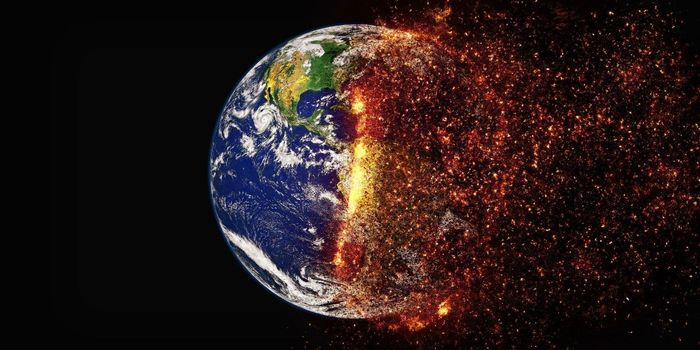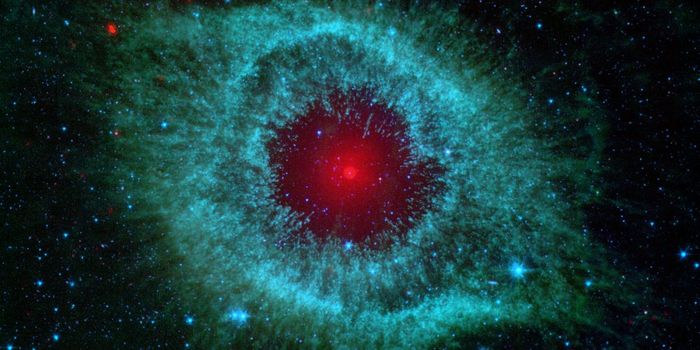I know I'm not the only one who's ever put off doing something that I don't want to do. We've all experienced procrastination at least to some extent, but do you know why you do it and what can make you stop? Scientists in different fields have unique ways of naming the reasons behind procrastination, from calling it a coping mechanism to a failure of cognitive decision-making. On the neuropsychological level, procrastination is described as a problem with executive function, meaning that you are not effectively planning, prioritizing or carrying out tasks. The key point in this is that you KNOW you have to do something, but you purposely decide to not do it at the moment. That's why Canadian psychology Professor Timothy Pychyl calls procrastination "giving in to feel good".
Some evolutionary biologists are trying to determine if procrastination is at all genetic. In a case study analyzing fraternal and identical twins and the procrastination habits, a team of researchers found that about half the time differences in procrastination habits could be because of differences in genetics. But that begs the question: what about the other half of the time? In these nature vs. nurture situations, some people point toward purposeful procrastination as a strategy for improved work ethic, claiming that they work better under pressure. However medical science warns us that serial procrastination in fact can be harmful to your health, with increased stress generating high blood pressure, heart disease, anxiety, and even depression in some cases.
So how can you battle procrastination? Some studies with undergraduate psychology students have proven that in the academic setting giving yourself short-term deadlines and manageable chunks of work can encourage you to turn projects or essays in on time. So next time you have a hulking assignment, follow their example and take smaller bites.








